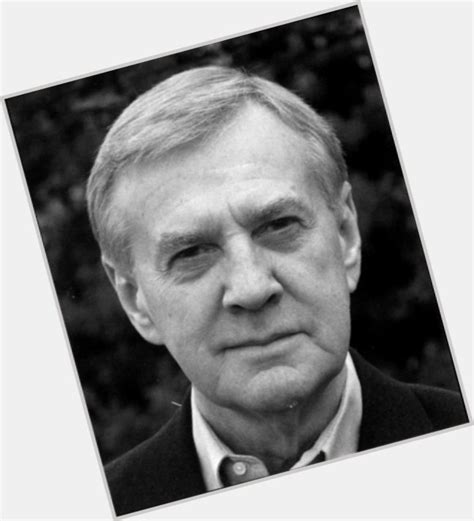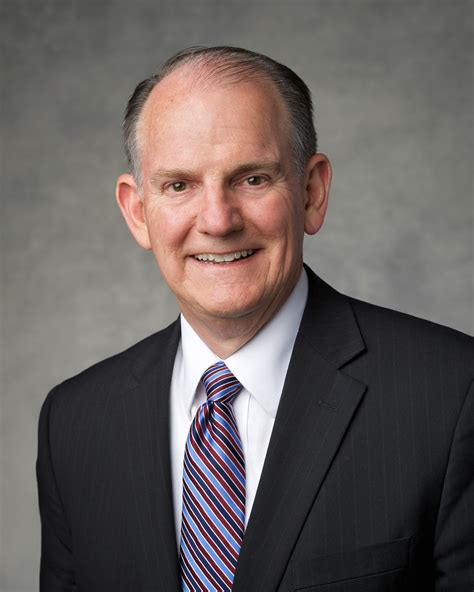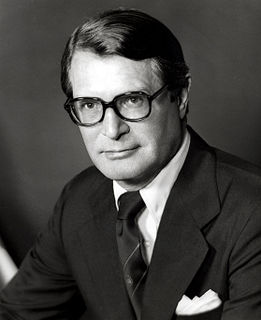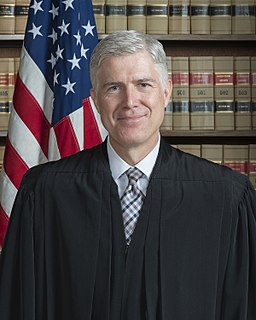A Quote by Jonathan Franzen
The radical otherness of birds is integral to their beauty and their value. They are always among us but never of us. Their indifference to us ought to serve as a chastening reminder that we're not the measure of all things.
Related Quotes
Strength is a capacity for endurance. One of the dividends of suffering is the universal discovery the we posses a strength within us we never knew we had. Navigating through a difficult episode not only shows us that inner strength is there but convinces us it will always be there to serve us in the future. Overcoming gives us an assurance of personal confidence and value that far exceeds what we thought we possessed before our struggles began.
Eroticism is first and foremost a thirst for otherness. And the supernatural is the supreme otherness. This is perhaps the most noble aim of poetry, to attach ourselves to the world around us, to turn desire into love, to embrace, finally what always evades us, what is beyond, but what is always there – the unspoken, the spirit, the soul.
Beauty can be consoling, disturbing, sacred, profane; it can be exhilarating, appealing, inspiring, chilling. It can affect us in an unlimited variety of ways. Yet it is never viewed with indifference: beauty demands to be noticed; it speaks to us directly like the voice of an intimate friend. If there are people who are indifferent to beauty, then it is surely because they do not perceive it.
I know that God loves us. He allows us to exercise our moral agency even when we misuse it. He permits us to make our own decisions. Christ cannot help us if we do not trust Him; He cannot teach us if we do not serve Him. He will not force us to do what's right, but He will show us the way only when we decide to serve Him. Certainly, for us to serve in His kingdom, Christ requires that we experience a change of thought and attitude.
We ought not to listen to those who exhort us, because we are human, to think of human things....We ought rather to take on immortality as much as possible, and do all that we can to live in accordance with the highest element within us; for even if its bulk is small, in its power and value it far exceeds everything.



































